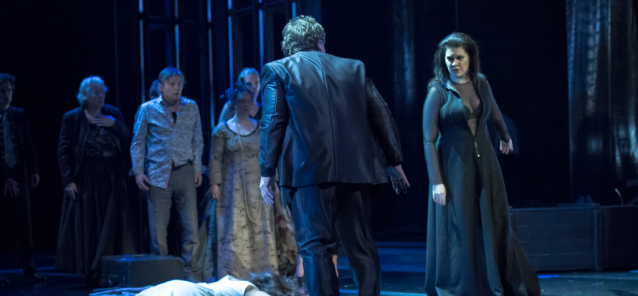Médée (Medea), Cherubini
Deliti
Opera2day (2014)Informacije umetniške organizacije (Preverjeno s strani Operabase)
28 oktober - 29 november 2014 (10 predstav)
Obiščite spletno mestoMedea by Cherubini, sre. 05 nov. 2014, Od (2014/2014), Režija: Serge van Veggel,, Dirigent Hernán Schvartzman, Stadsgehoorzaal Vlaardingen, Vlaardingen, Netherlands
Ogled igralske zasedbe in ekipe za 05 nov. 2014
Producent
Conductor
Stage director
Igralska zasedba
Médée
(Medea)
Giasone
Creonte
(King Creon)
Dircé
(Glauke)
Neris
Servant of Dircé
(1. Handmaiden)
Servante of Dircé
(2. Handmaiden)
Posadka
Costume designer
Set designer
Lighting designer
Sound designer
Chorus master
Izvedite več o skladatelju
Več o glasbenem delu
Lokacija
Vlaardingen, Netherlands
Stadsgehoorzaal VlaardingenZwolle, Netherlands
Theater De SpiegelAmstelveen, Netherlands
Schouwburg AmstelveenDeventer, Netherlands
SchouwburgHoorn, Netherlands
Schouwburg het ParkNijmegen, Netherlands
Stadsschouwburg NijmegenEindhoven, Netherlands
ParktheaterHeerlen, Netherlands
Parkstad Limburg TheatersThe Hague, Netherlands
Koninklijke Schouwburg





